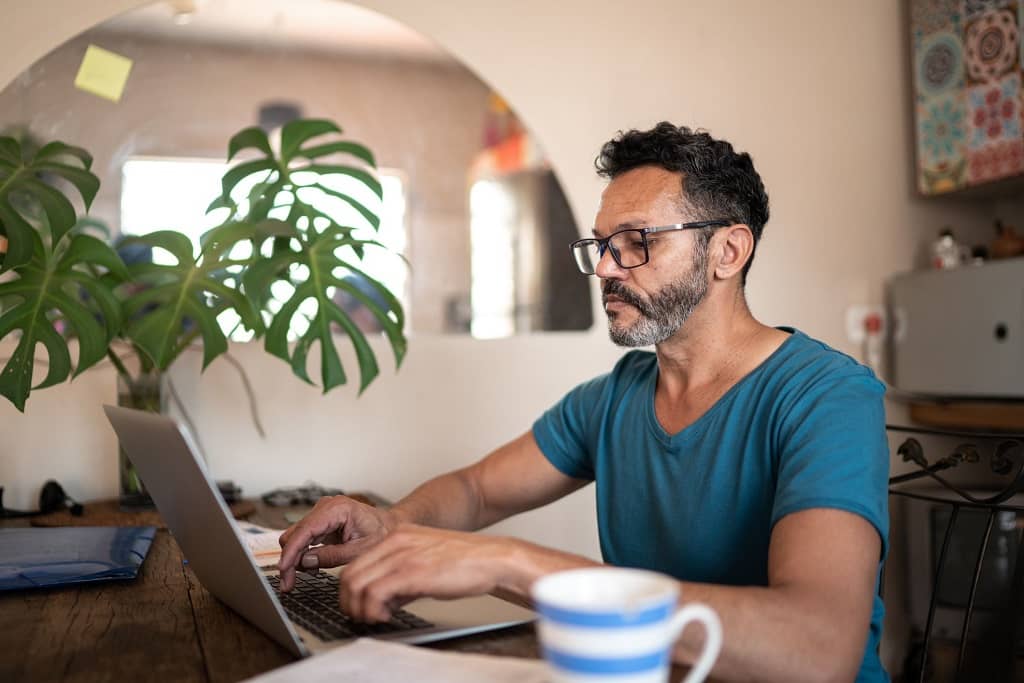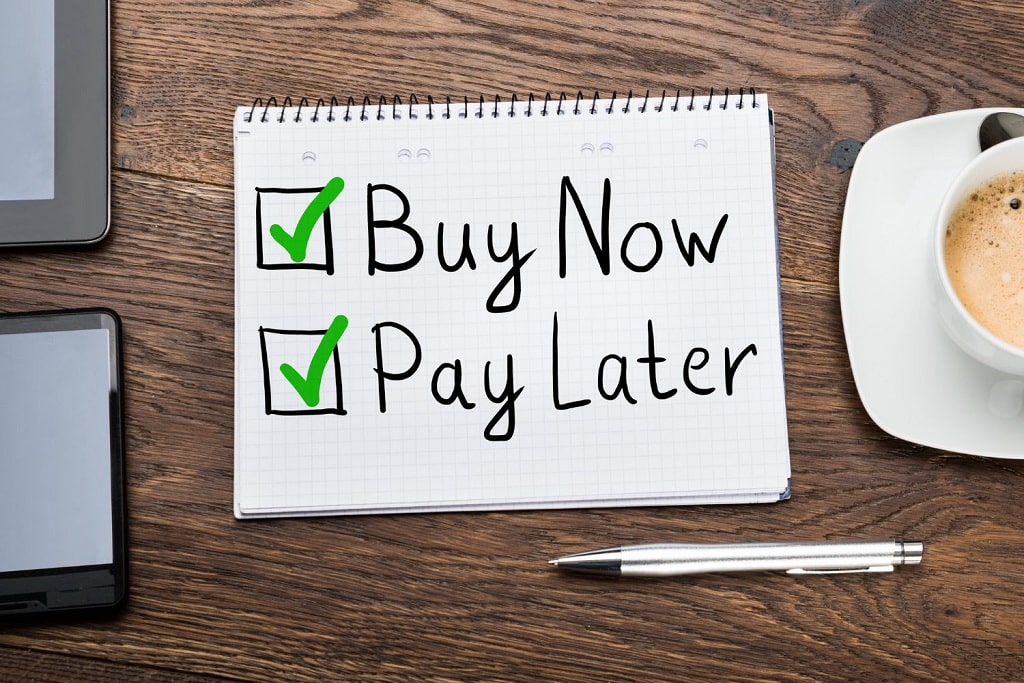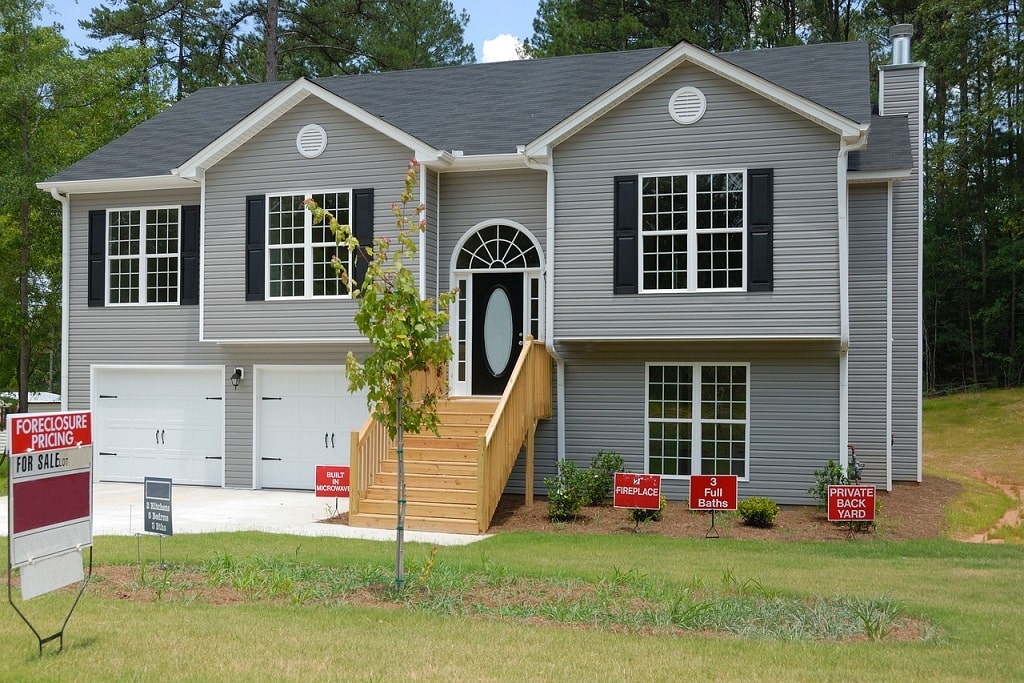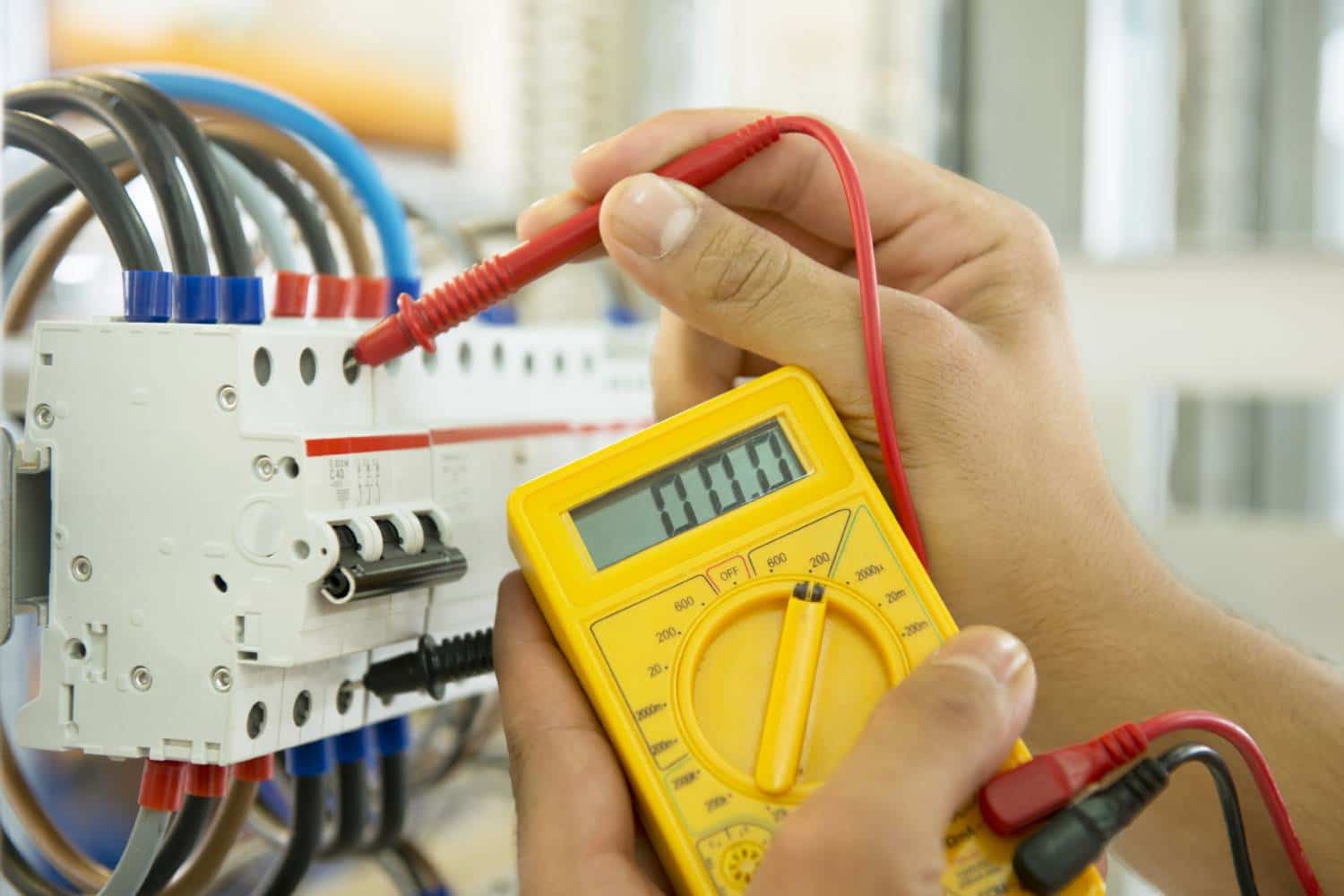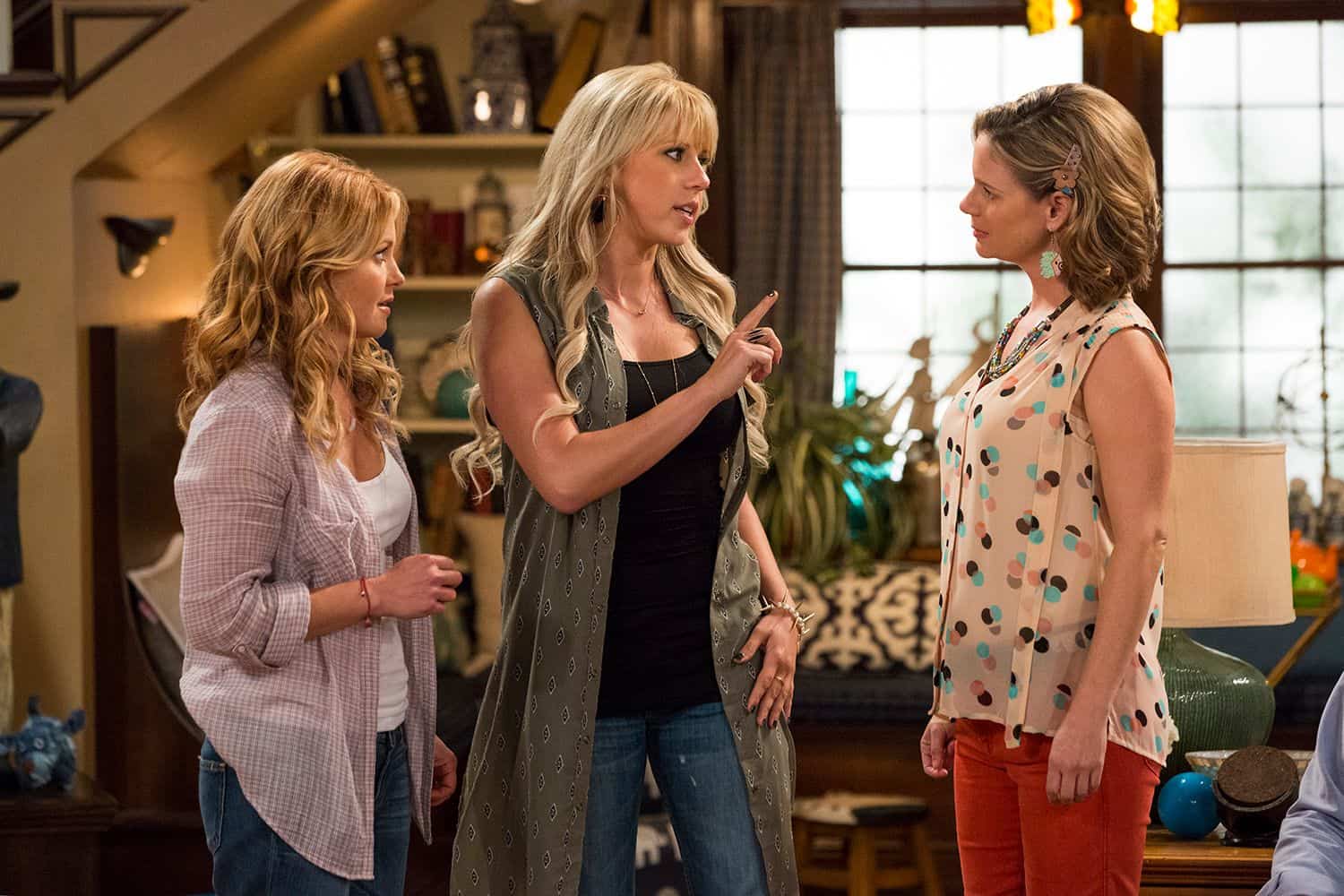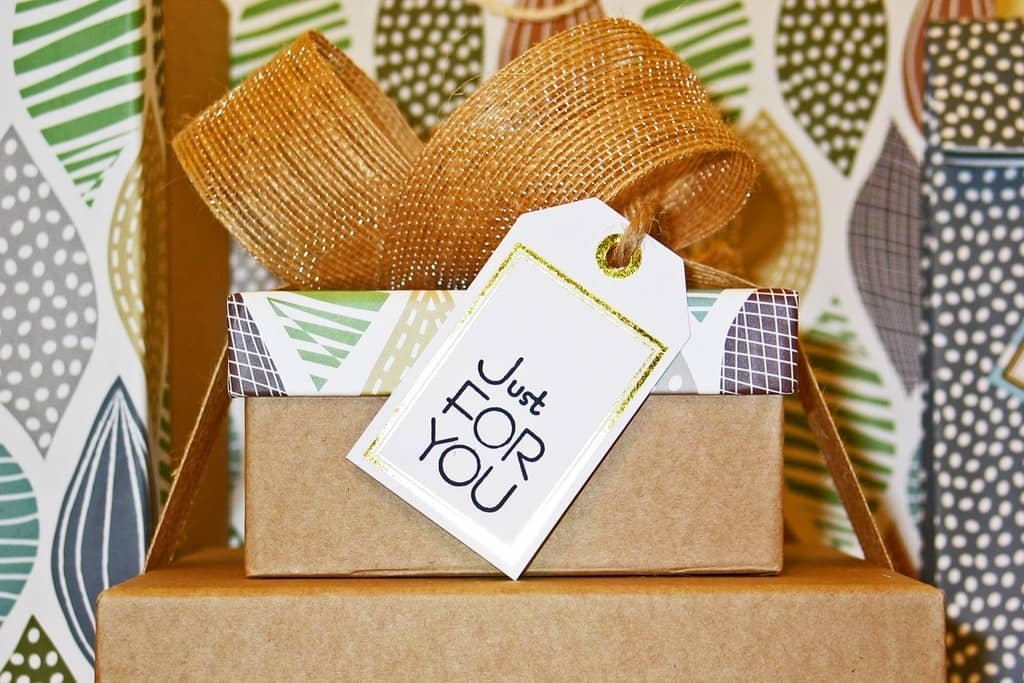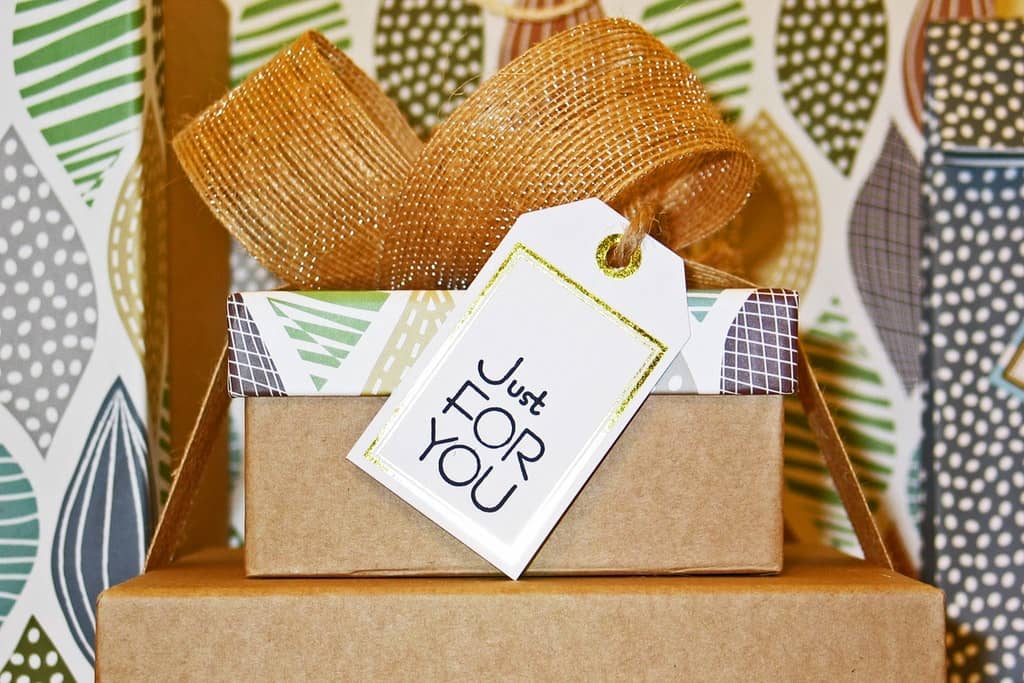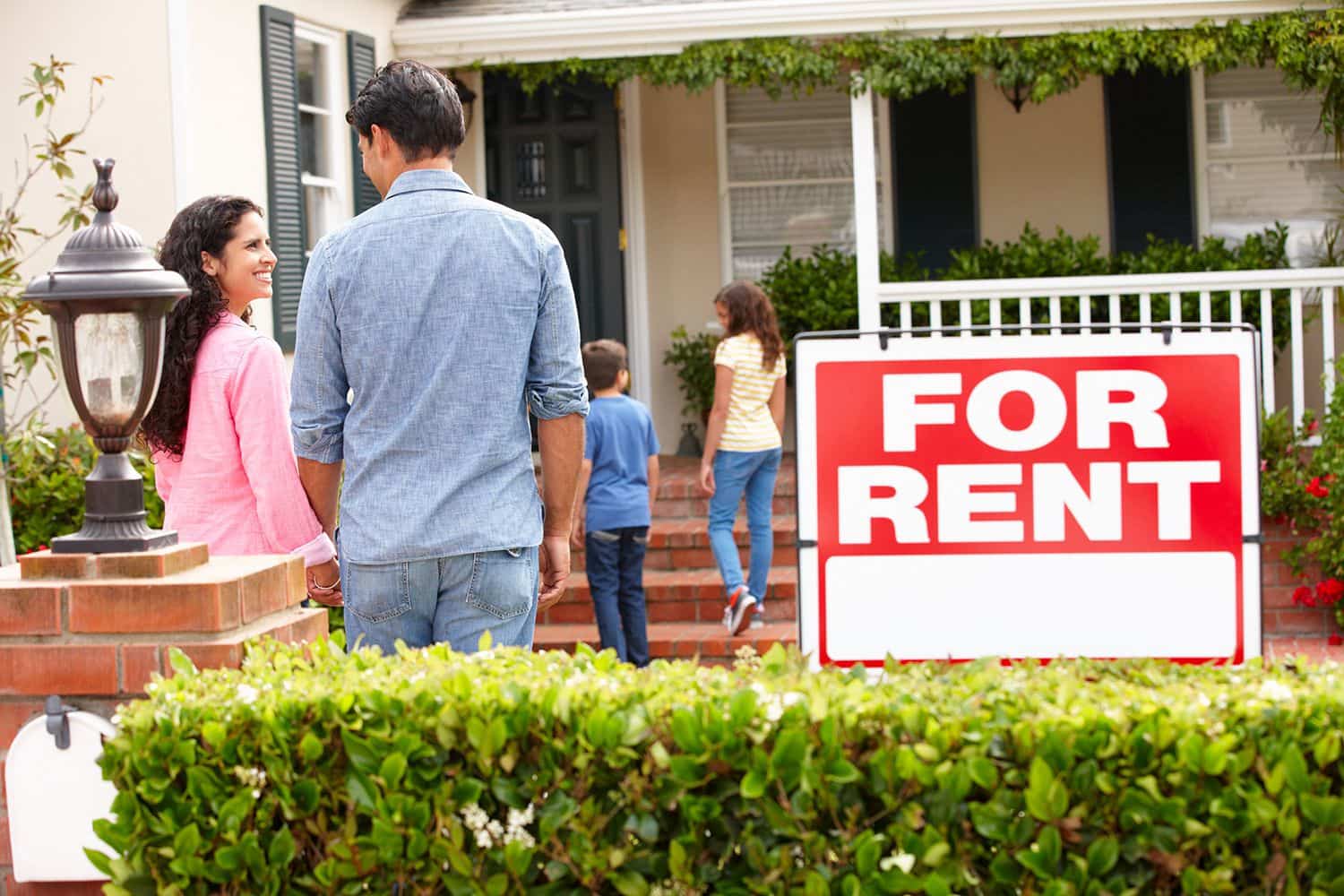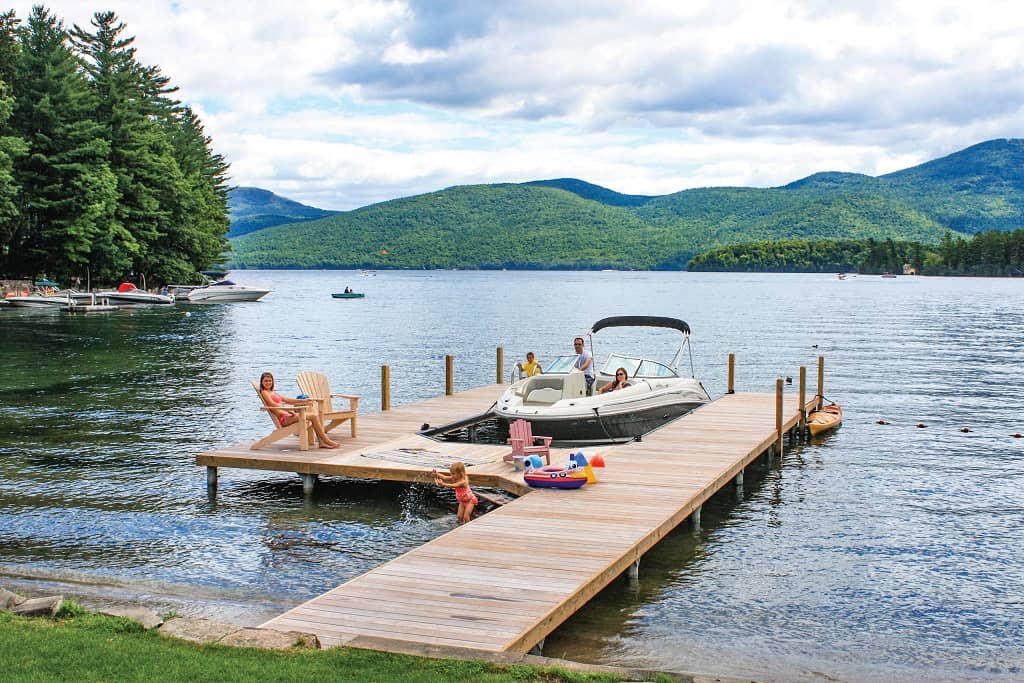There are several benefits to renting a house instead of buying one. You don’t have to worry about home repairs, you aren’t responsible for paying off a large mortgage, and you aren’t tied to one property for a lengthy amount of time. However, renting a house also has its limitations. Check out these tips to make the most out of your rental home.
Take Measures to Protect Yourself and Your Belongings
Before you look for a rental home, it’s a good idea to review your credit history. This way you can dispute anything that shouldn’t be there and take care of any overlooked bills you might have. Your potential landlord will most likely complete a credit check, so you need to be aware of any imperfections before he does.
It’s also a good idea to review the landlord-tenant laws in your area so you know your rights as a renter. Once you understand your rights, review your lease carefully. It might include additional clauses or stipulations from your landlord that you need to be aware of before entering into the agreement.
Once you’ve narrowed your options, call your insurance company to obtain a renters insurance quote. You need renters insurance to protect your belongings from damage, theft, and vandalism, but the quote you obtain won’t be 100 percent accurate unless you know your exact address.
Inspect the House Thoroughly
Most renters tour the house before signing a lease, but they don’t inspect it like they would if they were buying a house. Unfortunately, some landlords fix aesthetic issues with their properties and put off making major repairs until they are absolutely necessary — and you don’t want to rent a house that has a lot of problems.
It’s a good idea to check the:
- Water pressure
- AIr conditioning system
- Furnace
- Locks on the doors and windows
You should also ask the realtor or landlord when major repairs were last made to the home. So you know exactly what you’re getting when you sign the lease.
Protect Your Security Deposit
When you move out of the house, your landlord can deduct the cost of cleaning and repairs from your security deposit. So it’s important that you fully understand what you need to do to get your security deposit back before you sign your lease. It’s a good idea to make a list of allowable deductions so you can check these items before you give the landlord back your keys. Also, you should do a walk through with your landlord before you sign the lease and your movers bring your belongings to the house, making note of any imperfections to the house. Then, complete another walk through when you move out to discuss what, if anything, you landlord plans to deduct from your security deposit.
Establish a Good Relationship with Your Landlord
You should do your best to establish a good relationship with your landlord too. This doesn’t mean you and your landlord have to be best friends, but you don’t want your landlord to hate you. Dealing with a disgruntled landlord isn’t easy.
To make sure you have a good relationship with your landlord:
- Always notify him or her before making any changes to the house.
- Pay your rent on time every month.
- Be kind and respectful when communicating with him or her.
- Go the extra mile — consider sending greeting cards during the holidays or a small gift of appreciation.
If you take proper measures to protect yourself and your belongings before you move into a new rental home, inspect the house thoroughly, and maintain a decent relationship with your landlord, renting a house should be a pleasant experience.


















